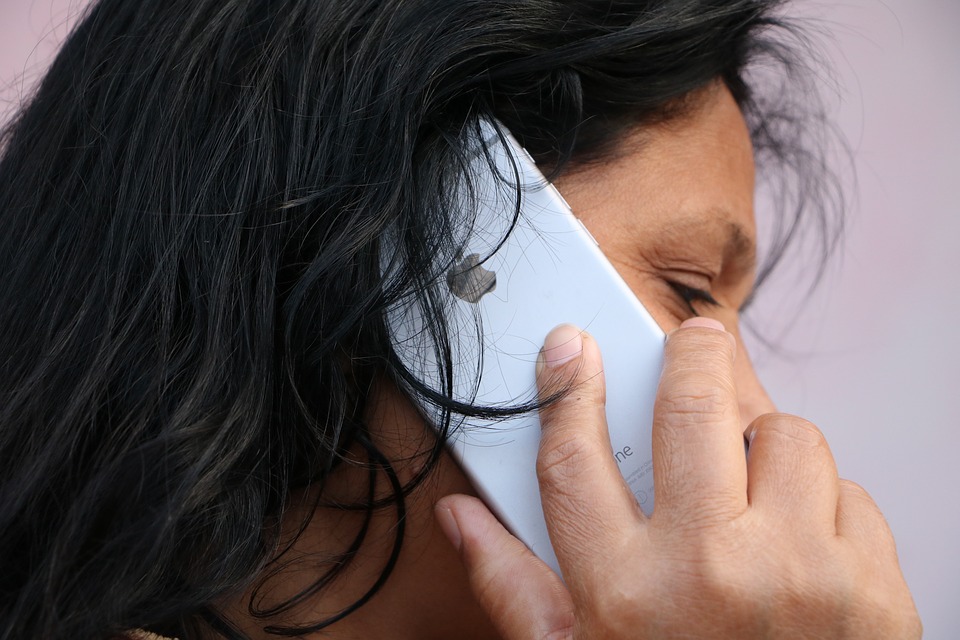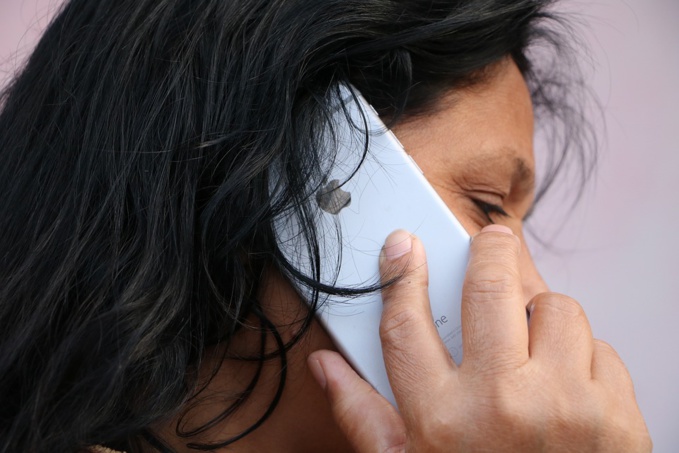It is expected that Apple’s new smart phone, which will be released in September, will exceed $ 1000 for the first time in the company’s history. According to some estimates, it can grow up to $ 1500 - almost twice the price of today's flagship iPhone 7 Plus. This is an unexpected step for a company that seeks to overflow the world with its devices. Nevertheless, there is a reason for such a high price tag.
Firstly, expensive accessories. It is expected that the smart phone’s top version will be equipped with the newest OLED-screen. Such displays are not cheap, in addition, this industry is almost completely controlled by Apple's main competitor, Samsung. So a high price is a compelling necessity.
Secondly, the unprecedented price tag can finally distract investors from the "sales volume of smart phones" item in the company's financial statements. (Given that the iPhone accounts for 60% of Apple's revenue, their interest in iPhone shipments is quite logical.) But if you raise the price tag for the product, you can shift the emphasis.
Apple has already used this technique: the company is making top models more expensive and is trying to promote smart phones with the maximum amount of memory. It would be prudent to go further in this direction, if it brings profit.
But are consumers ready for this? According to a recent survey of Goldman Sachs, only 12% of respondents are going to buy an iPhone for $ 999 this year. Another 11% will decide on such an expensive acquisition only if they "are impressed by its functions". 16% expect to buy a cheaper model. And the other respondents will prefer another brand or even refrain from buying at all.
It is unlikely that Apple will suffer Vertu’s fate, but the British manufacturer’s lesson can be extremely useful: the premium price tag should be glued on a premium product only. Otherwise, the most potentially profitable smart phone will bring the company more harm than good.
According to analysts, iPhone 8 needs a new "special feature". The Wall Street Journal’s analysts say that such a feature, which will "change the game’s rules," can become a fingerprint sensor under the display. However, the latest rumors say that Touch ID in the iPhone 8 can be replaced with a completely new 3D sensor for scanning face and eyes.
In any case, release of the Galaxy S8 smart phone line raised the bar very high, and Apple will have to try very hard to surprise its fans with the new flaghip iPhone.
In addition to the 3D face scanner, the new smart phones is expected to receive a full 5.8-inch OLED display with ProMotion high-speed image updating technology and a tiny cut-out for the camera, sensors and speakers, a fast 10-nanometer processor and a separate Apple Neural Engine chip for work with the tasks of artificial intelligence.
source: ft.com, wsj.com
Firstly, expensive accessories. It is expected that the smart phone’s top version will be equipped with the newest OLED-screen. Such displays are not cheap, in addition, this industry is almost completely controlled by Apple's main competitor, Samsung. So a high price is a compelling necessity.
Secondly, the unprecedented price tag can finally distract investors from the "sales volume of smart phones" item in the company's financial statements. (Given that the iPhone accounts for 60% of Apple's revenue, their interest in iPhone shipments is quite logical.) But if you raise the price tag for the product, you can shift the emphasis.
Apple has already used this technique: the company is making top models more expensive and is trying to promote smart phones with the maximum amount of memory. It would be prudent to go further in this direction, if it brings profit.
But are consumers ready for this? According to a recent survey of Goldman Sachs, only 12% of respondents are going to buy an iPhone for $ 999 this year. Another 11% will decide on such an expensive acquisition only if they "are impressed by its functions". 16% expect to buy a cheaper model. And the other respondents will prefer another brand or even refrain from buying at all.
It is unlikely that Apple will suffer Vertu’s fate, but the British manufacturer’s lesson can be extremely useful: the premium price tag should be glued on a premium product only. Otherwise, the most potentially profitable smart phone will bring the company more harm than good.
According to analysts, iPhone 8 needs a new "special feature". The Wall Street Journal’s analysts say that such a feature, which will "change the game’s rules," can become a fingerprint sensor under the display. However, the latest rumors say that Touch ID in the iPhone 8 can be replaced with a completely new 3D sensor for scanning face and eyes.
In any case, release of the Galaxy S8 smart phone line raised the bar very high, and Apple will have to try very hard to surprise its fans with the new flaghip iPhone.
In addition to the 3D face scanner, the new smart phones is expected to receive a full 5.8-inch OLED display with ProMotion high-speed image updating technology and a tiny cut-out for the camera, sensors and speakers, a fast 10-nanometer processor and a separate Apple Neural Engine chip for work with the tasks of artificial intelligence.
source: ft.com, wsj.com



















